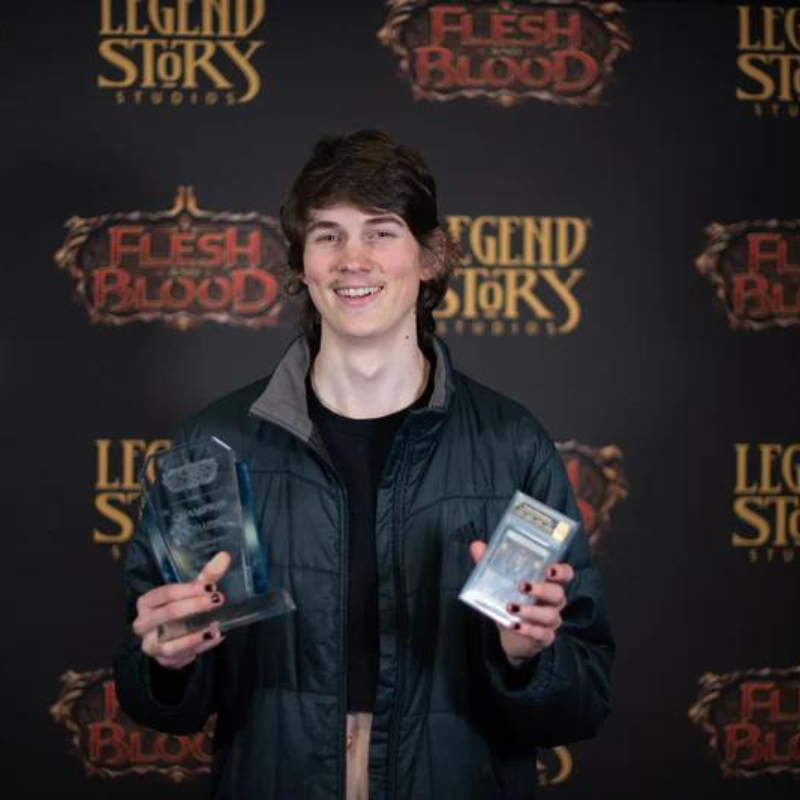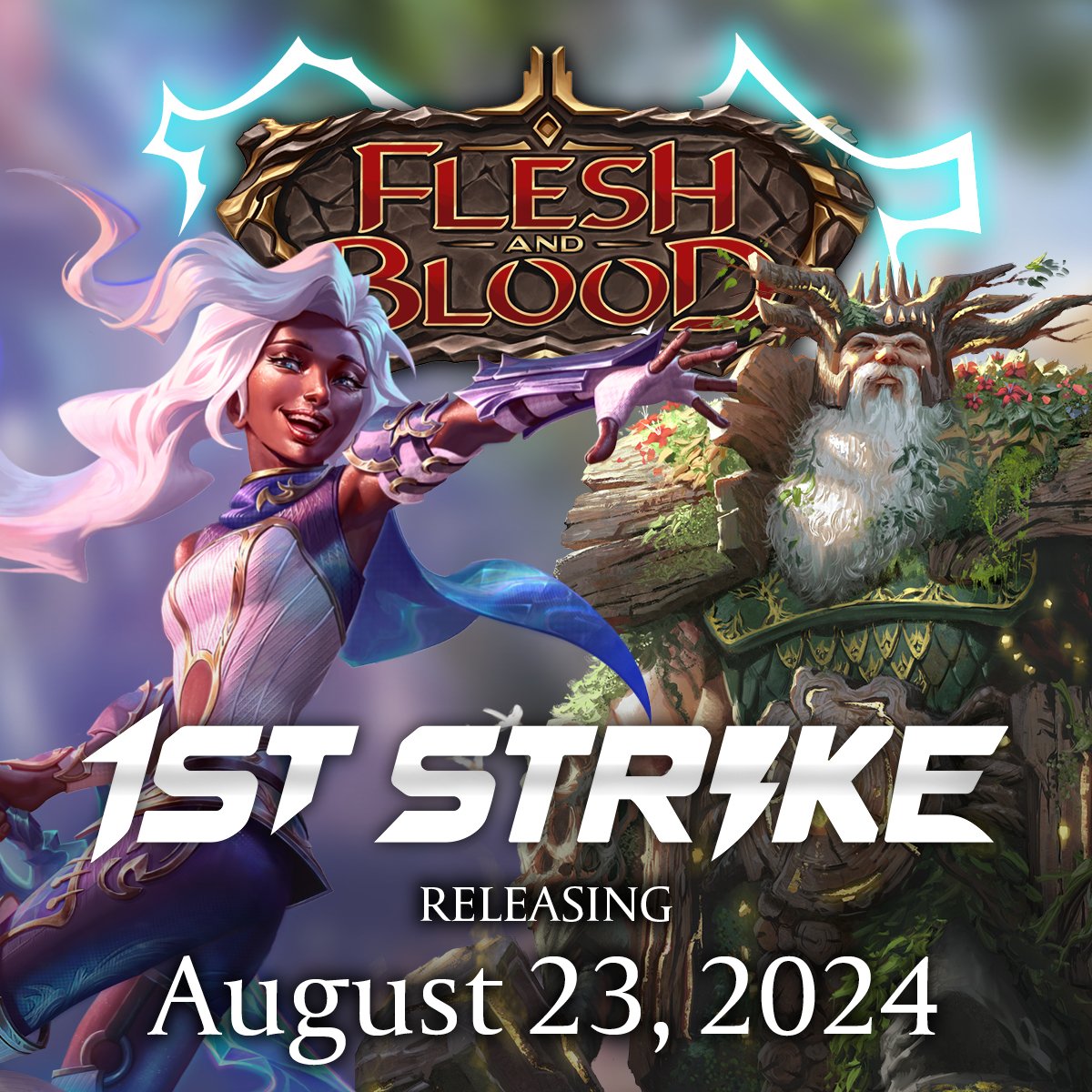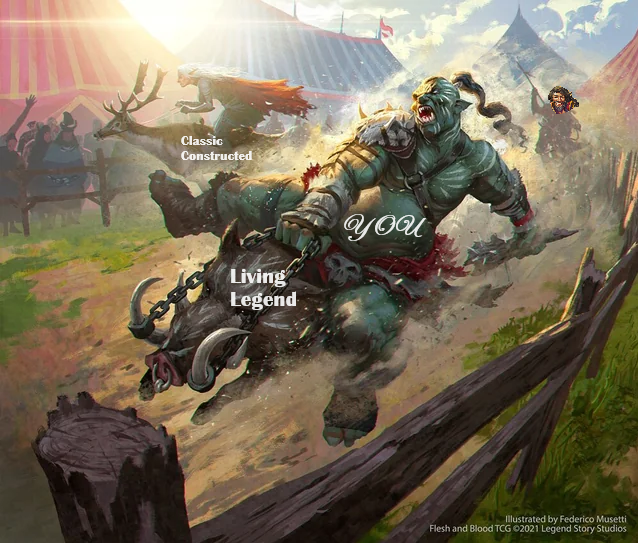Prelude: Losing Sucks
(Intro written by Sam Dando)
I am an extremely competitive person. In all aspects of my life, achievement and success have largely been my main motivating factors. This quality is potent and has contributed to many positive outcomes. But it has also crippled my mind when I am not able to achieve, succeed or be perceived as competent.
In short, I hate losing.
This is a problem because in life, you will lose. It is one of life's many guarantees. So it is critically important to learn how to lose and do it gracefully. From a young age, I was taught to do my best. If I just try my hardest, then the outcome is not important and I can be satisfied knowing I did everything I could in the pursuit of greatness. But as I get older, I struggle with determining what is "my best". The ceiling is infinitely high and the highest levels of achievement are constantly thrown in our faces every second via Facebook, Instagram, YouTube, Tik Tok, etc... Our society pushes ambiguous markers of success and torments you for doing anything less than that. As kids, we have clear marks to meet. Get an A on a test, pass your driving exam, graduate school, etc... But now that I'm an adult, how do I know I'm doing my best? Games are great markers for this because they provide micro life simulations with controllable decision making and clear outcomes. Every game is important and a reflection of my own level of competence. So if I lose a game of Fab, I'm losing at life. Some of you may read this and think that is a dramatic statement but I think many people will read this sentiment and resonate with it.
At its very core, I have a deep fear of appearing inadequate. Especially in front of people I respect and love. Losing is embarrassing. Losing is disappointing. Losing is crushing. I have a lot of pride and think highly of myself due to my drive for success. As that one Book says, pride comes before the fall. Approaching life with humility and a sense of gratitude is critical for me and something I repeatedly remind myself to do as I feel inadequacy wash over me. I have recently become hyper self aware of these feelings and I realize how much they have negatively contributed to my ability to grow and be better at life/games (Life is a game at the end of the day right?).
I have many blessings in my life and I am grateful for all the opportunities I have. One thing I am very grateful for is my friend, Ben Dodd.
After Ben finished top 4 at New Zealand Nationals, I reached out to congratulate him. I asked him how he felt about his performance. This led to a great conversation about our perspectives on tournament performance. In his never ending wisdom, Ben has offered to write a series of articles discussing mindset and strategy. I always say to Ben that he approaches every game with gratitude. He treats every game as a unique and special opportunity to engage with the micro life simulation but always puts humility first. This playstyle has aided him extremely well. As I write this, he sits as the Number 3 ranked player globally and the Number 1 ranked player in NZ.
Despite these achievements, he prefers to just be called Ben.
I hope you enjoy the first article in this series and that it opens your mind to being a better player and person.
P.S. Ben is a very experienced Flesh and Blood coach and has helped elevate many player's skills. I highly recommend you check out his bio for contact information if you would like to improve your gameplay and discuss more topics like this article.
-Sam Dando
Awareness of game state
In the 4th round of The Calling Melbourne I made a terrible mistake. I was playing as Uzuri vs Patrick Watt on Rhinar. I found myself defending a humble with an awkward hand that contained a fate foreseen, after looking at all my lines I decided the most efficient play was to let the humble hit for 2 over the top of my defense reaction block for 4. Patrick then activated their tunic which I had forgotten about entirely and played pummel from arsenal. My turn was a disaster and I went on to lose that game.
With the information I was working with internally, I played perfectly. In my head there was no possibility of a pummel, I hadn’t even considered it. My line made sense. There was a severe disconnect between the situation I was in and the one I thought I was.
The solution to this is to cultivate awareness as you play. It’s what you do every time you practice flesh and blood. You familiarize yourself with situations and practice awareness of the small differences between them. You practice awareness of what attack reactions could be played (pummel with a tunic resource). You practice awareness of your pitch stack. You practice awareness of when is a good time to conserve life and when is a good time to trade down.
This could also be described as game sense, your ability to pay attention too and understand what is occurring. Game sense is obviously a huge topic, so I’m hoping I get the opportunity to cover it more in future articles. For now, my advice is this. Practice asking yourself the question: what am I missing? After you have made up your mind and found a good line, you must question it. What am I forgetting? How could this line be incorrect? You won’t always spot the piece of the puzzle you had ignored but prompting yourself to do so might just save you from a sneaky attack reaction, an awkward arsenal, or a risky trade.
The problem is, even with all the practice in the world it is still incredibly difficult to have a full awareness of your games on the day of a tournament. You get tired, you get stressed, you have feelings and thoughts and a whole internal landscape to deal with first if you want to really and truly focus on the game in front of you.
Awareness of Self
If you ignore yourself, you are ignoring half of the game. There is no easier way to see this than in someone dealing with tilt. Many players I’ve coached find themselves losing one or two games during a tournament, feeling upset or frustrated and then losing a third because of it. The solution is to develop your self-sense as well as your game sense.
So, how do you feel right now?
Take a moment to close your eyes, and really check in on yourself. Focus on your breathing. What thoughts are going on in your head? What is it like to sit there?
Hopefully you're feeling relaxed and comfortable, and you're enjoying this article so far. You might be feeling skeptical though, why would paying attention to how you feel help? Sure, if I’m frustrated with how unlucky I was last game I might play worse, but what good is noticing that?
In the same way that I will misplay if I don’t realize my opponent has the potential to play pummel, I will misplay if I don’t pay any attention to myself. The more aware of your internal state you are the more you can respond and adapt to it.
And you’re right, awareness of your headspace and mindset will not render you immune to the effects of tilt, or keep you focused on every game you play. Blocking correctly is still difficult even when I’m successfully aware of the game state, and the same is true of ourselves. Developing awareness is simply the first step.
Luckily, noticing how you feel is often enough to help. For instance, if you notice yourself rushing you will naturally slow down. Once you are aware of your internal state It’s a lot easier to separate it from your awareness of the game state. If you start to feel like you have already lost halfway through a game, the first step is to take a moment to notice where that feeling is coming from. Maybe I notice the tension in my legs, that I feel like I have lost the game, and then at the same time, I see that I have 10 life left. My feelings are easier to deal with when I have acknowledged them for what they are, my feelings.
Putting it into Practice
So how do you practice self-awareness?
Just as you take a moment to observe graveyard, health total, and hand state regularly whilst playing. Start actively taking a moment to observe yourself during practice games. What physical sensations are you experiencing?
Take a moment to close your eyes, and really check in on yourself. Focus on your breathing. What thoughts are going on in your head? What is it like to sit there?
How do you feel?
This exercise can seem silly, because most of the time when I’m practicing Flesh and Blood I’m relaxed, hanging out with friends, or alone grinding Talishar. However, if you don’t practice or build a habit of checking in on yourself, it’s that much harder to start doing it when you actually are under pressure. So, try actively paying attention to yourself. You might be surprised by what you find out.
Often, I’m hungry, or thirsty. Maybe I’m starting to feel tired and haven't noticed. Picking up on these small things earlier than you used to is a great sign that you're making progress. The end goal is that you are never playing catchup with your own mental state. This is very simple, but it’s easier said than done whilst trying to play a complicated game, have friends, and live a life.
Sometimes I notice that I’m not enjoying playing the game, which lets me stop. Sometimes I notice nothing much, I’m just sitting there. Other times, I will play a whole game and realize after that I didn’t pay any attention to myself at all. The point is just to rehearse the act of paying attention to yourself.
There are so many ways that who you are and how you feel affects how you play. For some people, it's anger or frustration that holds them back. For others arrogance, or pride. Some of us struggle with hopelessness, and a desire to give up early. Whoever you are, and however you feel, start by noticing it.
Good luck.
Have fun.
-Ben Dodd










